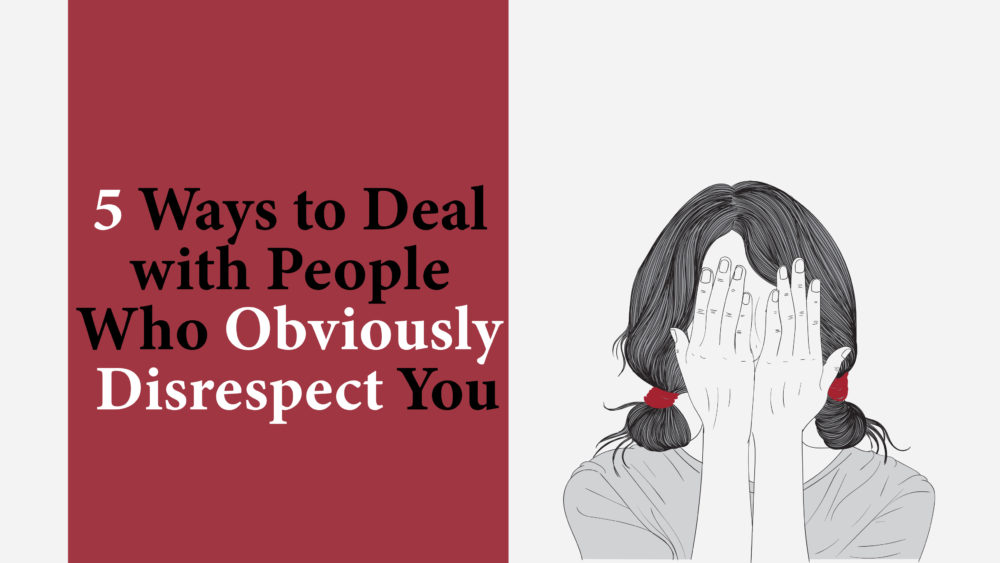One of the more difficult problems in life is allowing the behavior of other people to affect how we judge ourselves. When we feel rejected by family, friends or co-workers, we tend to look at ourselves as wrong or unworthy.
So what do you do when you are not feeling that others value your worth?
Don’t take it personally. If a friend is distant, your mom is critical or your boss gets mad at you, this has everything to do with what’s going on with them and very little to do with you (and your value as a person). They might be having a bad day, or are caught up in some story going on in their heads and so on. Remember this and let it go.
Feel your emotions. Emotions arise when you’re triggered by something outside of you or going on inside of you—these emotions are our friends. Emotions are our brain’s method of letting us know that we aren’t on track to meet our needs. A good way to calm yourself is to identify the emotion by name; I feel anger, I feel hurt, etc. Just saying what you feel will calm you down. Then you can look to yourself rather than to others.
Reaffirm your value. If you feel yourself doubting your value because of others’ actions, recognize that you determine your value. Your value is not determined by others’ actions or judgments. Reaffirm that you believe in your self-worth—appreciate the things about yourself that are good and meaningful. Be grateful for them.
Adhere to your boundaries. Know what you will and will not accept, and don’t allow yourself to be pressured or feel humiliated. Act in accordance with whom you are and what you believe. Healthy personal boundaries and high self-esteem go hand in hand. Having strong boundaries means that you prioritize your needs and your emotions and do not assume responsibility for someone else’s needs and emotions.
Show compassion. If a person is rude, irritated, defensive or afraid, then he or she is in pain. When you’ve already checked in with yourself and realized you are good to go, then help the other person relieve his or her pain. If your help is not wanted, then that’s OK too. Your worth isn’t determined by whether someone wants or uses your help—it’s the fact that you tried to help that’s a statement of your value.
We can be better friends and co-workers if we take things less personally, are aware of our emotions, adhere to our boundaries and are more compassionate.



